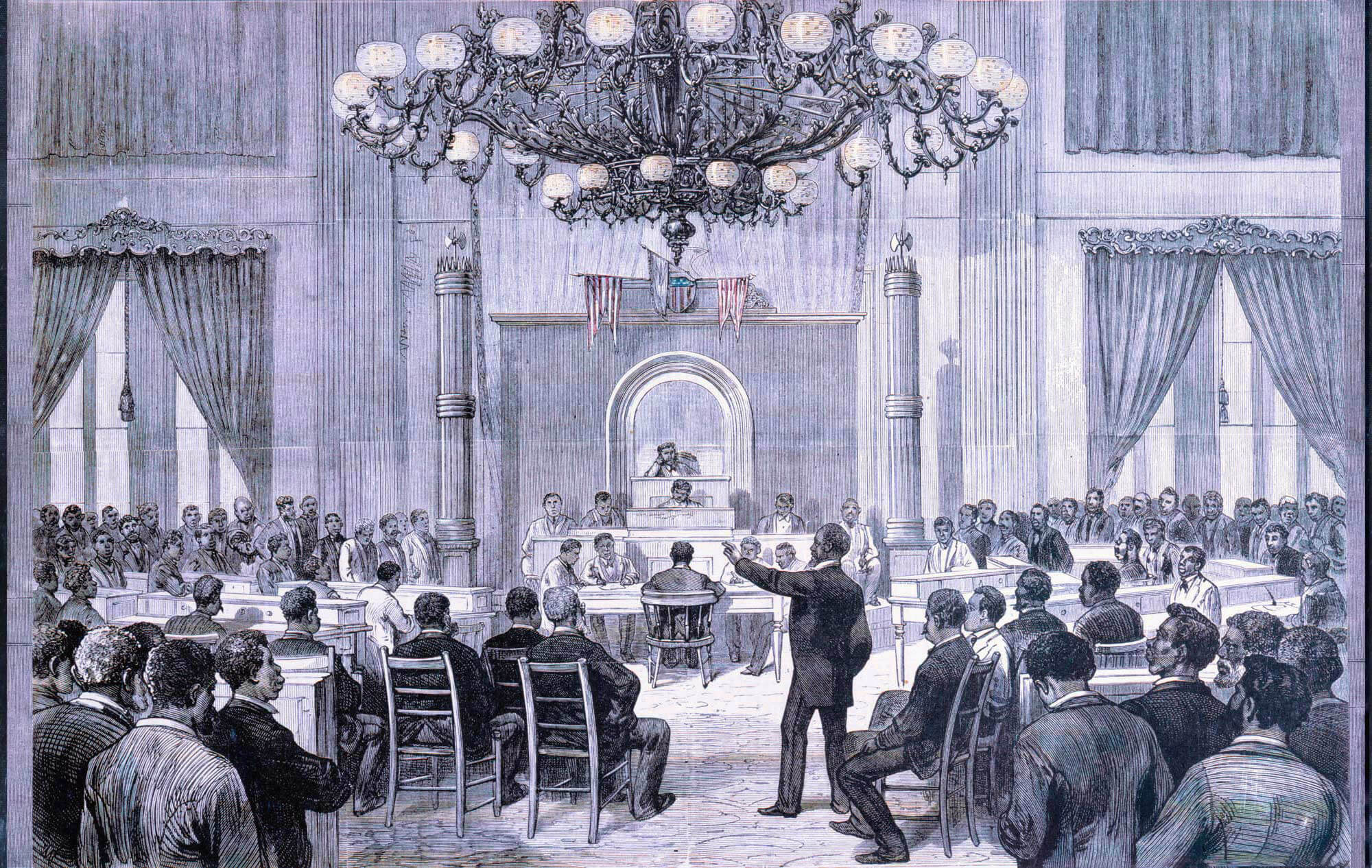 The Richards Prize for the best article in each volume year of The Journal of the Civil War Era is named in honor of George and Ann Richards. In 2002, the Richards made a spectacular contribution to Penn State’s Civil War Era Center, the editorial home of the journal, which provided the Center with a permanent source of income to fund scholarly research and outreach programs that advance our understanding of the Civil War era. This journal has been one of the beneficiaries of their generosity. The editors of the journal created the $1,000 Richards Prize in 2011 to recognize George and Ann Richards not only for their contribution to the center that now bears their name, but also to recognize their contributions to Civil War era scholarship generally.
The Richards Prize for the best article in each volume year of The Journal of the Civil War Era is named in honor of George and Ann Richards. In 2002, the Richards made a spectacular contribution to Penn State’s Civil War Era Center, the editorial home of the journal, which provided the Center with a permanent source of income to fund scholarly research and outreach programs that advance our understanding of the Civil War era. This journal has been one of the beneficiaries of their generosity. The editors of the journal created the $1,000 Richards Prize in 2011 to recognize George and Ann Richards not only for their contribution to the center that now bears their name, but also to recognize their contributions to Civil War era scholarship generally.
Congratulations to the Winner of the 2021 George and Ann Richards Prize
Past Winners
2021 – Cynthia Nicoletti, “William Henry Trescott: Pardon Broker,” Volume 11, no. 4 (December)
2020 – Catherine A. Jones, “The Trials of Mary Booth and the Post-Civil War Incarceration of African American Children,” Volume 10, Number 3 (September)
2019 – Caroline E. Janney, “Free to Go Where We Liked: The Army of Northern Virginia After Appomattox,” Volume 9, Number 1 (March)
2018 – Joshua A. Lynn, “A Manly Doughface: James Buchanan and the Sectional Politics of Gender,” Volume 8, Number 4 (December)
2017 – Sarah L. H. Gronningsater, “‘On Behalf of His Race and the Lemmon Slaves’: Louis Napoleon, Black Northern Legal Culture, and the Politics of Sectional Crisis,” Volume 7, Number 2 (June)
2016 – Mark E. Neely, Jr., “Guerrilla Warfare, Slavery, and the Hopes of the Confederacy,” Volume 6, Number 3 (September)
2015 – Millington W. Bergeson-Lockwood, “‘We Do Not Care Particularly About the Skating Rinks’: African Americans Challenges to Racial Discrimination in Places of Public Accommodation in Nineteenth-Century Boston, Massachusetts,” Volume 5, Number 2 (June)
2014 – Ted Maris-Wolf, “‘Of Blood and Treasure’: Recaptive Africans the Politics of Slave Trade Suppression,” Volume 4, Number 1 (March)
2013 – Thavolia Glymph, “Rose’s War and the Gendered Politics of a Slave Insurgency in the Civil War,” Volume 3, Number 4 (December)
2012 – Carole Emberton, “‘Only Murder Makes Men’: Reconsidering the Black Military Experience,” Volume 2, Number 3 (September)
2011 – Anne E. Marshall, “The 1906 Uncle Tom’s Cabin Law and the Politics of Race and Memory in Early Twentieth Century Kentucky,” Volume 1, Number 3 (September)
All winning articles are available in Project Muse. For more information, visit The Journal of the Civil War Era.

